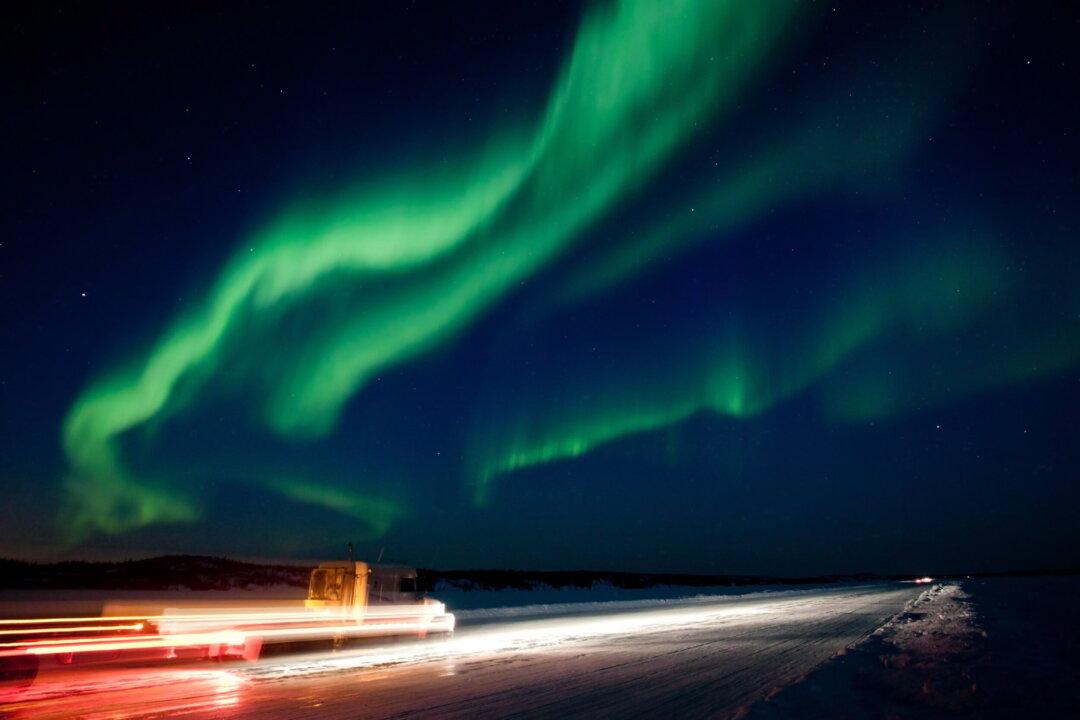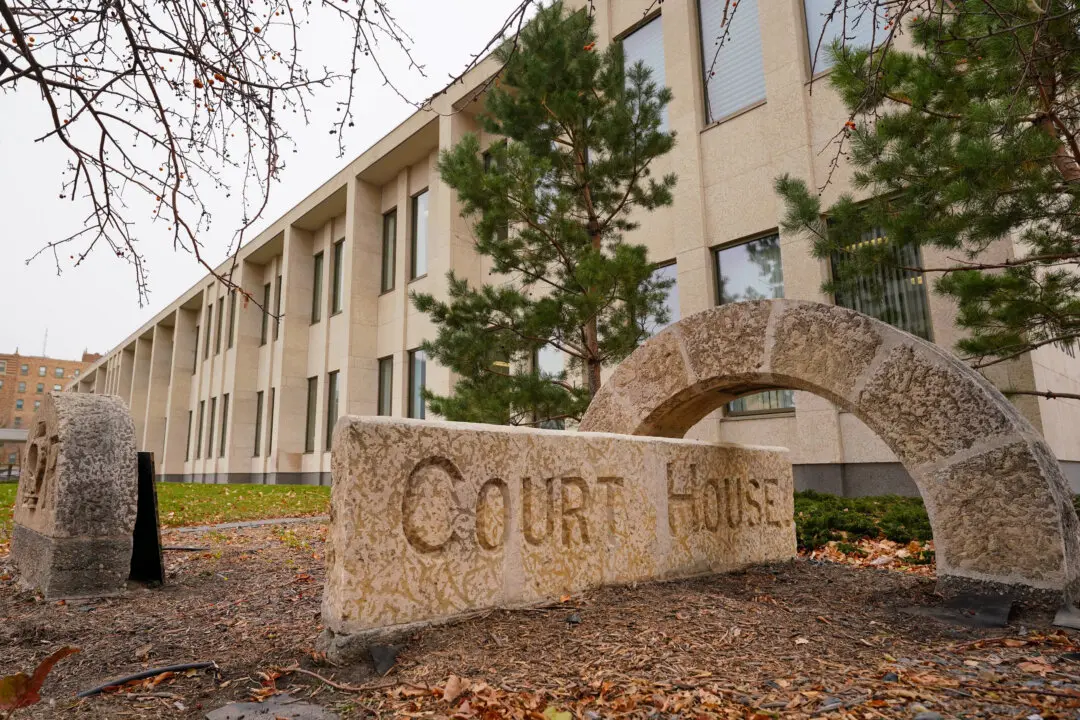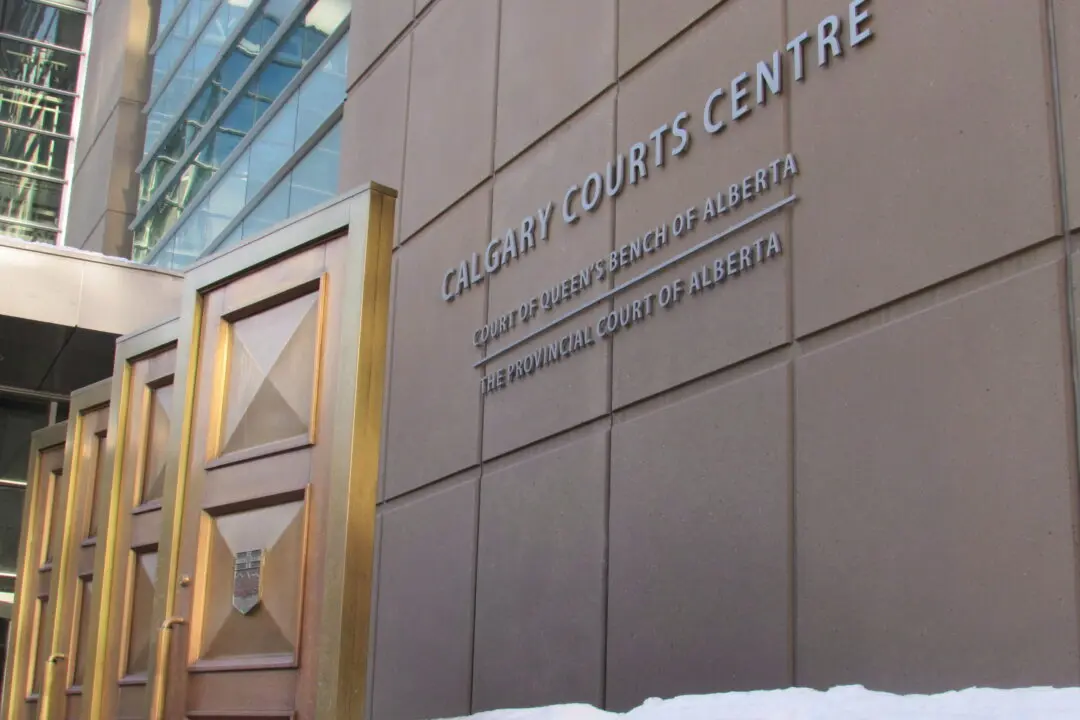Canadians may have the opportunity to witness a spectacular celestial display over the next few nights thanks to a geomagnetic storm that is expected to intensify the Northern Lights.
Canadian and American government agencies have issued major geomagnetic storm watches, indicating a disturbance in the sky that can heighten the visibility of the aurora borealis after sunset.





